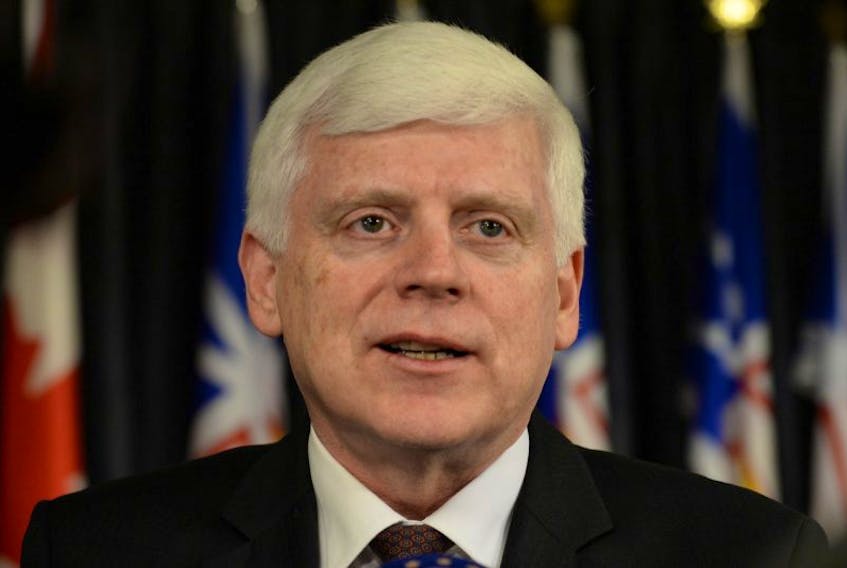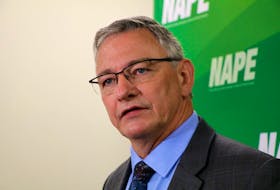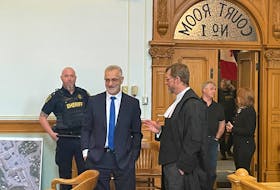Martin also appeared to support the public call for some sort of review of Nalcor — some commentators have even called for a forensic audit or an inquiry.
“Regarding the potential for a review of Muskrat Falls and/or Nalcor overall, I would support and fully co-operate with such an undertaking, provided it was clearly independent,” Martin wrote. “Actually, it may be helpful for Nalcor staff and the province as a whole, particularly the young people, to once again re-visit the rationale for the project, the robustness of the processes, comparisons to other large projects, best practice assessments, the impacts of a change in government on major projects and a change in CEO while the project is ongoing.”
Martin said he took responsibility for the earlier cost overruns, but he believes he left Nalcor on a good footing, and it’s up to CEO Stan Marshall and Premier Dwight Ball to take responsibility for any problems that have happened since then.
In his statement, Martin also defended the rationale for the Muskrat Falls project, and said he believes in the long run Nalcor has a bright future.
“Yes, (electricity) rates will increase, driven in part by the rebuild of the aging Newfoundland Hydro assets, and in part by Muskrat Falls and the Labrador Island Transmission Link,” Martin wrote. “There is, however, significant revenue available for rate mitigation, comprised primarily of the 8.4% return and the revenue generated by sales of excess energy, to be applied as seen fit by the government of the day. Rates should then stabilize and remain stable and predictable over time, for generations to come.”
Martin resigned amid controversy last year, after the Muskrat Falls project suffered significant cost overruns, and the new Liberal government was reticent to offer unequivocal support.
Last week, Marshall announced the project is another $1 billion over budget, and the ongoing yearly operating costs for the hydroelectric dam were anticipated to be more than triple the original estimates.
At the time, Ball produced an SNC Lavalin risk-assessment dated from 2013 that identified a host of risks that could cause problems for the Muskrat Falls project.
Ball used it as evidence that the previous administration recklessly ignored the dangers and charged ahead with the development despite obvious concerns.
Martin painted it differently in his statement to media.
“I did not receive this report in 2013; it is an internal SNC Lavalin document that was neither presented nor sent to me at Nalcor,” Martin stated. “More importantly, having now read a copy of the report, I am satisfied that all of the risks identified in the report released on June 23 were identified and mitigation plans put in place within the Muskrat Falls Project Team. A critical part of my responsibility and that of my team was to constantly identify and mitigate risks associated with the Muskrat Falls project. This was part of our everyday management of the project and we took pride in ensuring we were thorough and vigilant in this regard. I want to state that during my entire time as the CEO of Nalcor, I never once ignored risk factors and our team consistently worked to mitigate all risk factors.”
Toward the end of his statement to media, Martin struck a defiant note.
“I would say to anyone in a leadership role, it is time to stop looking behind, and start focusing on the future,” he wrote. “The best advice I could offer is the following: lead, follow or get out of the way.”









